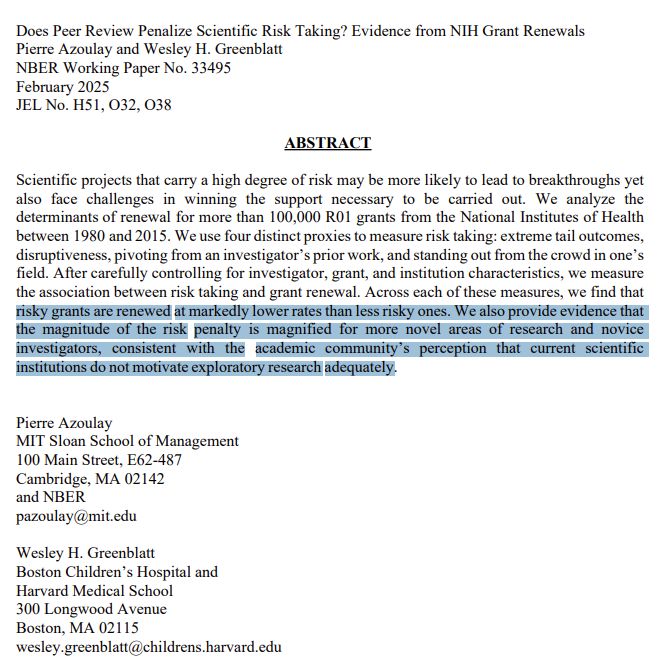
"His broad yet deep survey of technology ranges across many nations and centuries, and pokes insightfully into myriad subjects, from Carolingian feudalism to patent law. The result is an incisive and stimulating consideration of a critical issue."

"His broad yet deep survey of technology ranges across many nations and centuries, and pokes insightfully into myriad subjects, from Carolingian feudalism to patent law. The result is an incisive and stimulating consideration of a critical issue."
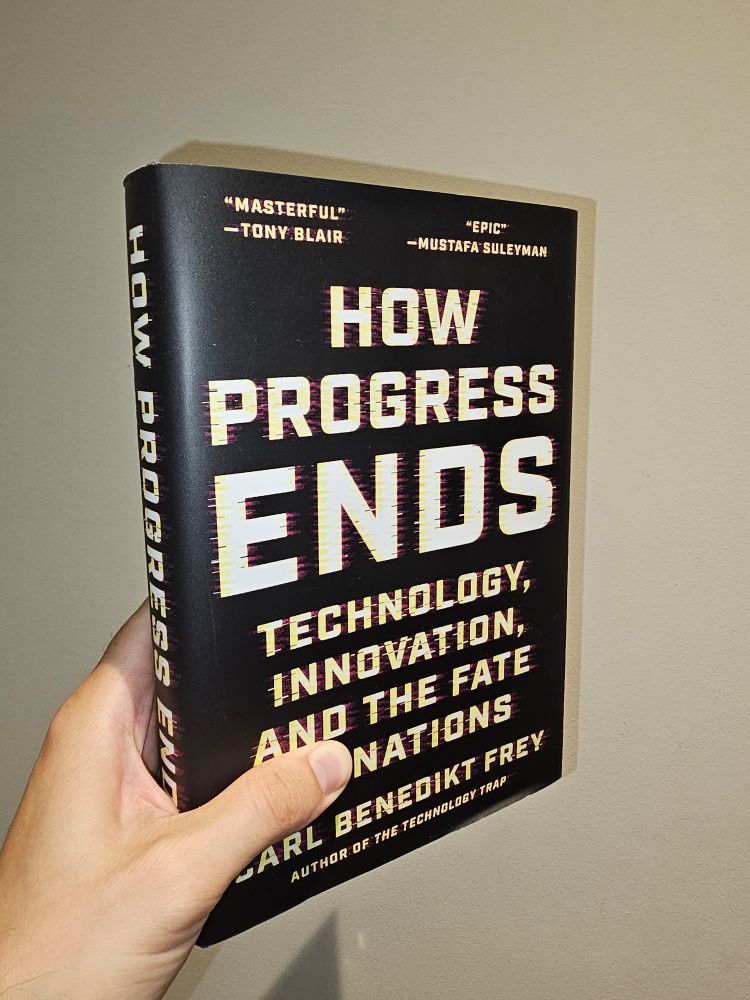
Integration with China wasn’t the cause of America’s manufacturing decline—it was the response. The U.S. was already losing the manufacturing race to Japan. Chimerica neutralised Japan's production advantage.
In @theeconomistevents.bsky.social
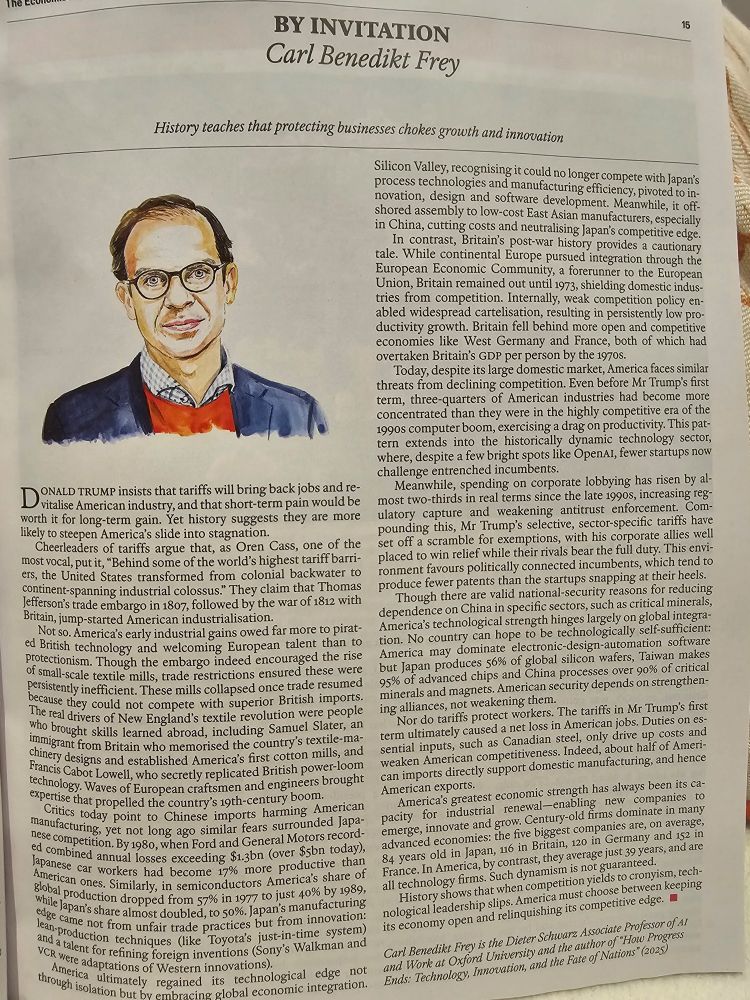
Integration with China wasn’t the cause of America’s manufacturing decline—it was the response. The U.S. was already losing the manufacturing race to Japan. Chimerica neutralised Japan's production advantage.
In @theeconomistevents.bsky.social

Thrilled to announce that my new book, How Progress Ends: Technology, Innovation, and the Fate of Nations, will be published with @princetonupress.bsky.social on September 16, 2025.
Pre-order it here: hubs.ly/Q03hjRMr0
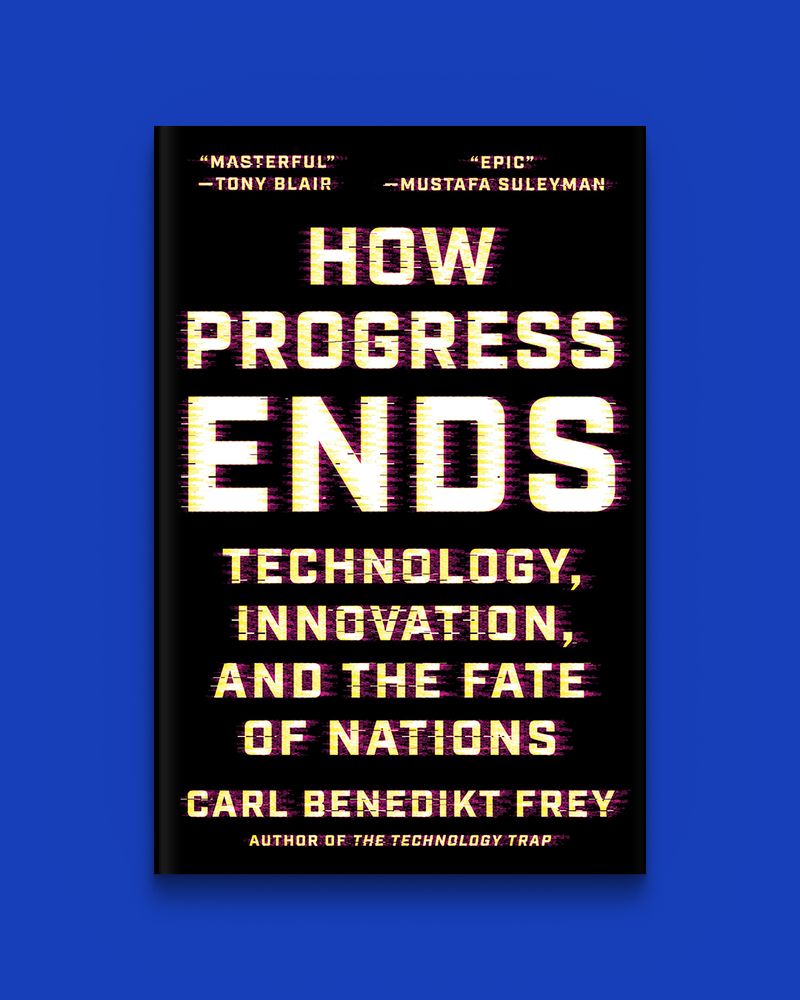
Thrilled to announce that my new book, How Progress Ends: Technology, Innovation, and the Fate of Nations, will be published with @princetonupress.bsky.social on September 16, 2025.
Pre-order it here: hubs.ly/Q03hjRMr0

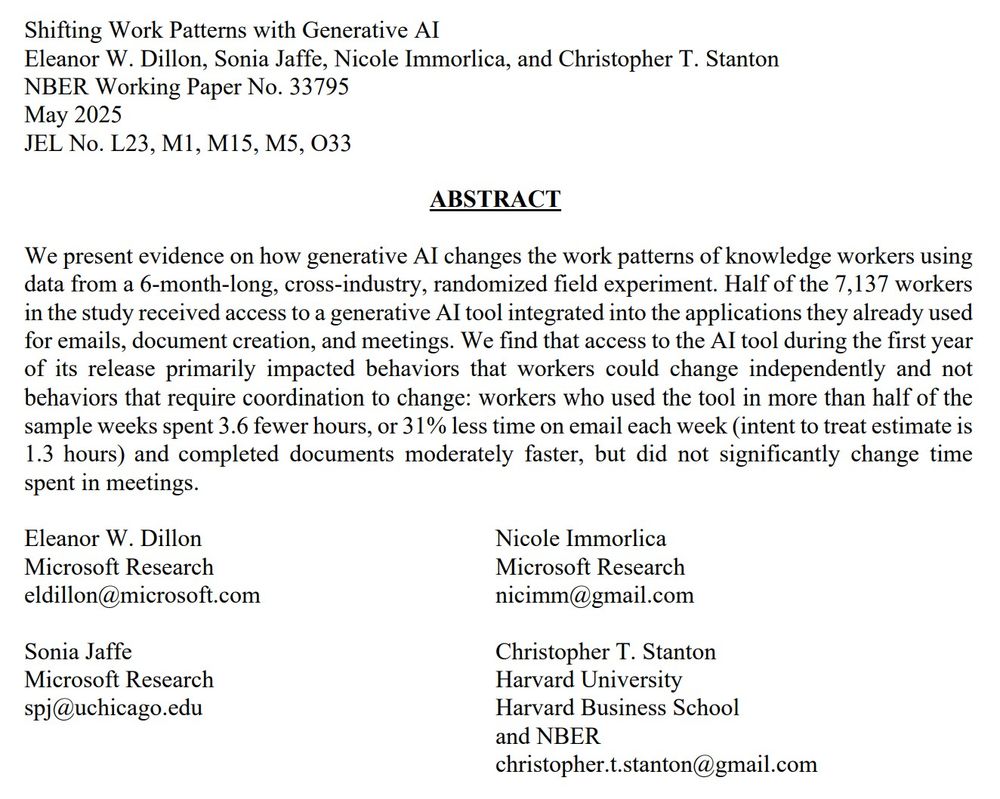
Firms in China that unexpectedly lost political patrons during anti-corruption purges (1999-2015) subsequently filed significantly more patents than similar firms that retained their connections

Firms in China that unexpectedly lost political patrons during anti-corruption purges (1999-2015) subsequently filed significantly more patents than similar firms that retained their connections

As geopolitical tensions rise, US firms are increasingly “friendshoring”—redirecting imports toward ideologically aligned countries.
This effect is most pronounced in firms led by CEOs politically aligned with the sitting US administration.
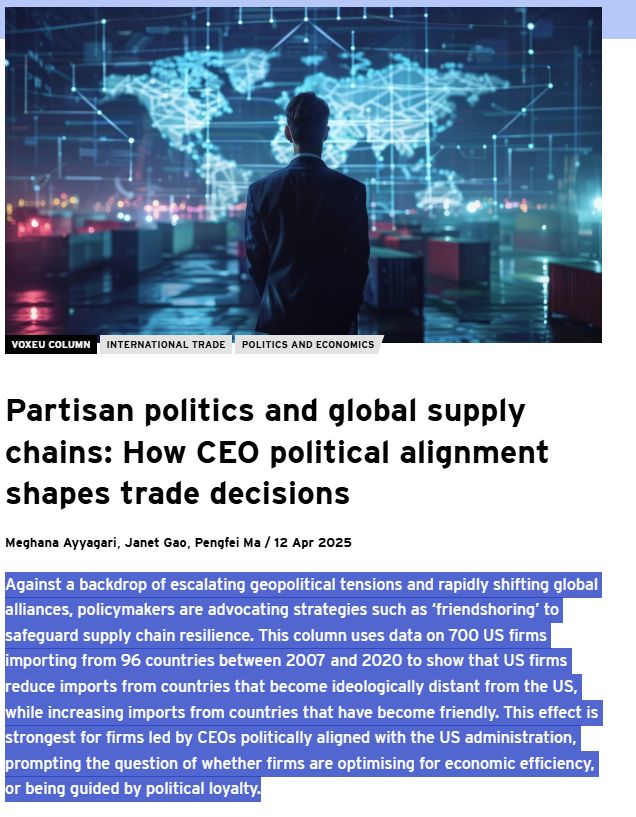
As geopolitical tensions rise, US firms are increasingly “friendshoring”—redirecting imports toward ideologically aligned countries.
This effect is most pronounced in firms led by CEOs politically aligned with the sitting US administration.

on why the US will lose the trade war with China.
1/ China, as a surplus country, can more easily adapt by shifting sales domestically or elsewhere if trade with the U.S. declines.
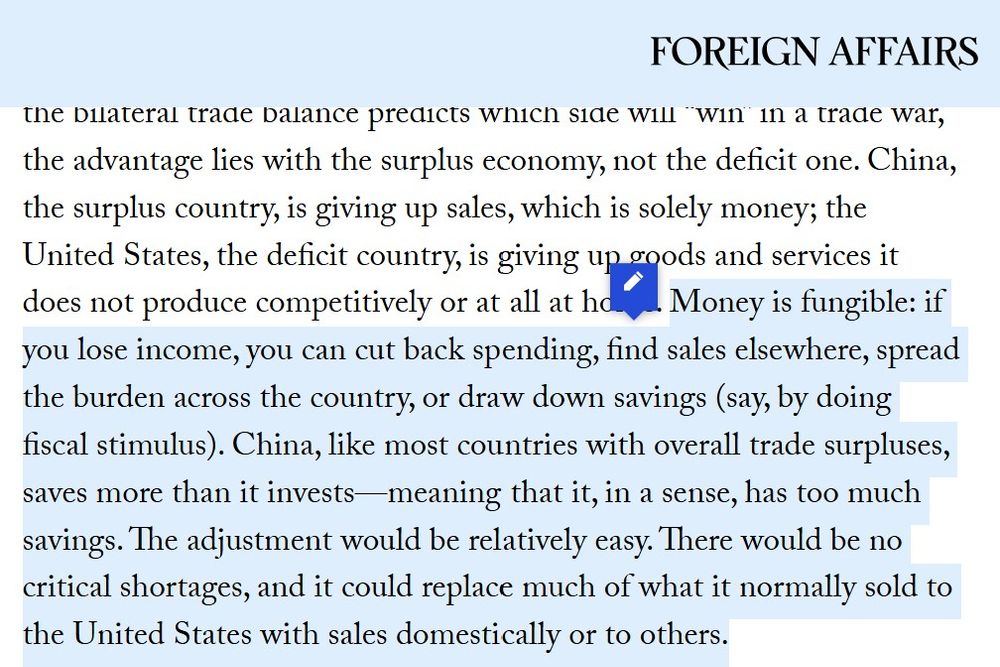
on why the US will lose the trade war with China.
1/ China, as a surplus country, can more easily adapt by shifting sales domestically or elsewhere if trade with the U.S. declines.
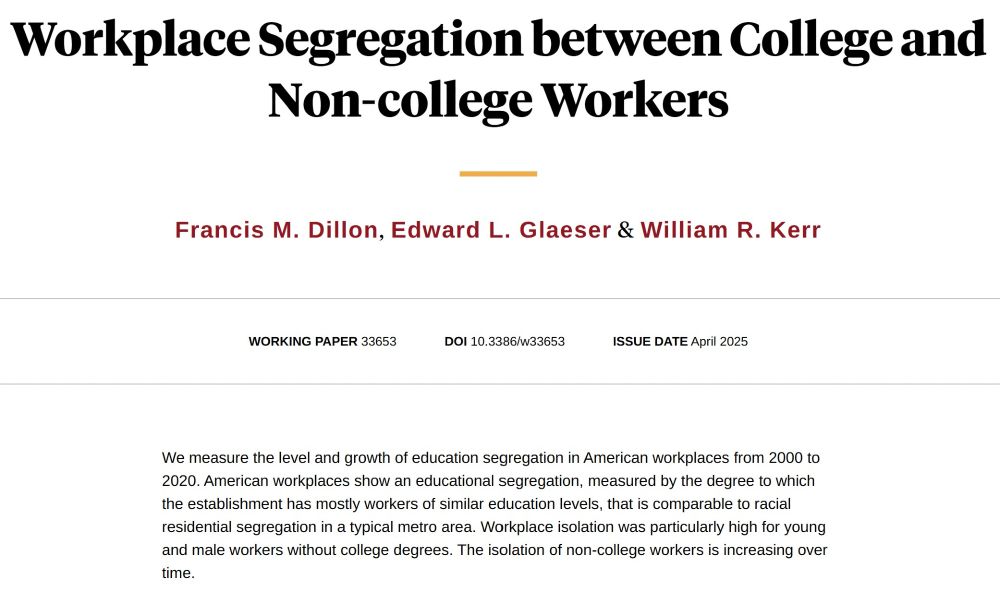
This study estimates $322 million additional national crime costs (2024 dollars) linked to robotics-induced job losses among low-skilled manufacturing workers.

This study estimates $322 million additional national crime costs (2024 dollars) linked to robotics-induced job losses among low-skilled manufacturing workers.



"Labour-intensive manufacturing is vanishing and millions of jobs could be lost, with repercussions for stability and growth"
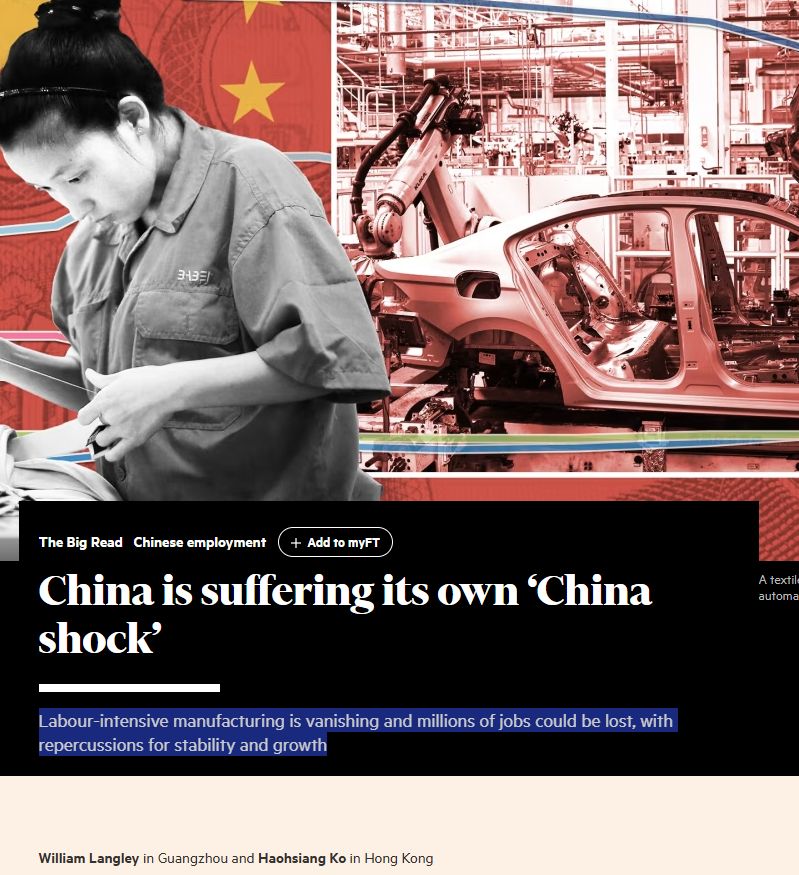
"Labour-intensive manufacturing is vanishing and millions of jobs could be lost, with repercussions for stability and growth"
In our new study, we analyze job postings data and find that machine translation technologies have significantly reduced the demand for foreign language skills—including Spanish, German, French, Japanese, and Chinese.

In our new study, we analyze job postings data and find that machine translation technologies have significantly reduced the demand for foreign language skills—including Spanish, German, French, Japanese, and Chinese.



